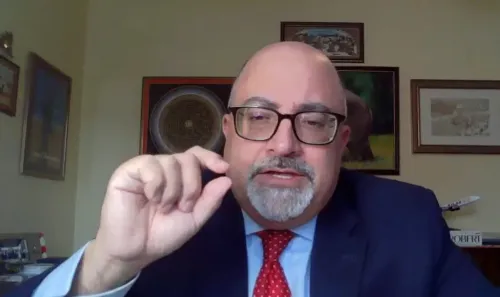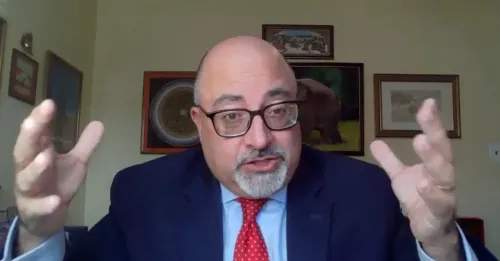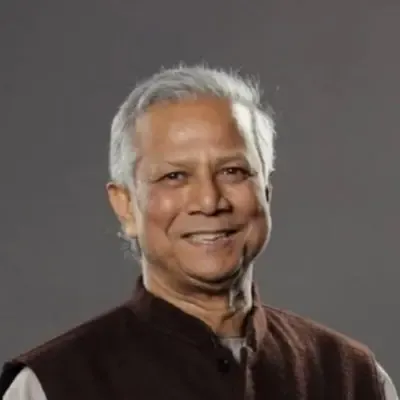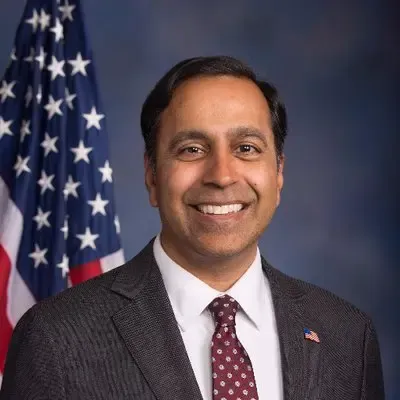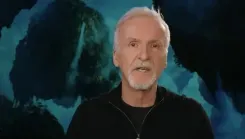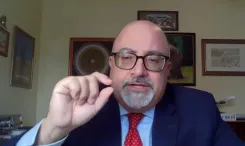Hungarian Prime Minister Advocates for Peace in Ukraine, Emphasizes Economic Impact on Europe
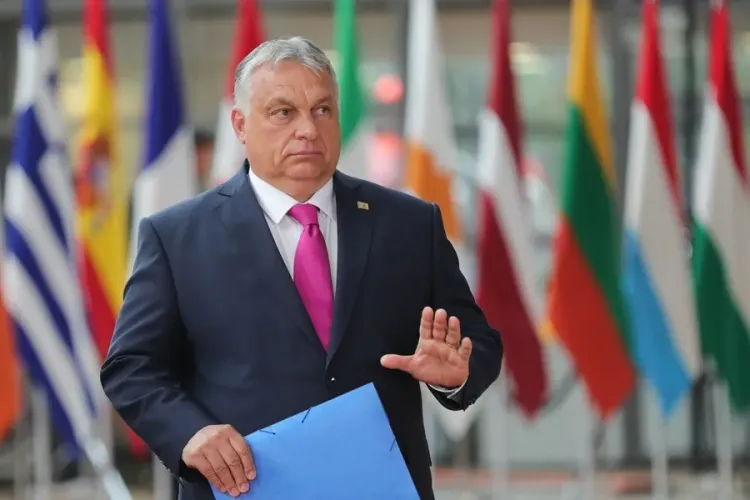
Budapest, Dec 20 (NationPress) The resolution of the conflict in Ukraine is of significant economic importance for Europe, a sentiment echoed by various European leaders, according to Hungarian Prime Minister Viktor Orban during his regular Friday morning broadcast on Hungarian public radio.
Speaking from Brussels, Orban remarked that "those who are situated farther from the war can progress at a significantly faster rate compared to us Europeans, who are in close proximity."
He expressed his belief that European leaders "share this sentiment as well." In Hungary, citizens "have grown weary of this state of conflict, weary of inflation, and weary of sanctions," Orban stated, adding that people desire their national economies to return to a developmental trajectory.
The Hungarian leader underscored the necessity of establishing a "lasting, predictable security framework" after the conflict concludes, as reported by Xinhua news agency.
Orban pointed out the financial burden of the Ukrainian conflict, which has cost Europeans 310 billion euros (approximately 322.3 billion US dollars) so far, inclusive of expenditures from the United States.
This enormous amount could have been allocated for transformative initiatives, such as upgrading the Western Balkans to European standards, promoting development in migration-source regions like the Sahel to mitigate migration, or enhancing Europe's underdeveloped military and defense capabilities, he stated.
Orban expressed hope that Europe is edging closer to peace, especially with a new US president and a potential shift in transatlantic relations on the horizon.
He also suggested a symbolic Christmas ceasefire lasting two to three days, emphasizing that peace is a realistic objective. Orban noted that he had persuaded the Russian president to at least consider the ceasefire proposal.
On December 12, Orban and President Vladimir Putin of Russia engaged in extensive phone discussions regarding energy cooperation and the situation in Ukraine.
Both leaders were "in complete agreement that every effort must be made to sustain energy cooperation," a statement from Hungarian Foreign Minister Peter Szijjarto revealed.
During the phone call that extended for over an hour, Putin affirmed Russia's commitment to upholding energy cooperation and ensuring Hungary's energy supply, the statement continued, adding that the current US administration's sanctions against Russia's Gazprombank have complicated the ability of several central and southeastern European countries, including Hungary, to make payments for natural gas and nuclear fuel.
The statement mentioned that Orban and Putin concurred that all avenues must be explored "to resolve this issue," asserting that there was nothing on either Hungary's or Russia's side to hinder a solution.
Concerning Ukraine, Orban discussed at length with Putin the pursuit of a sustainable peace agreement, while Putin highlighted challenges to peace, such as the Ukrainian law that "effectively bars the current presidential administration from negotiating peace" with Russia, the statement concluded.


